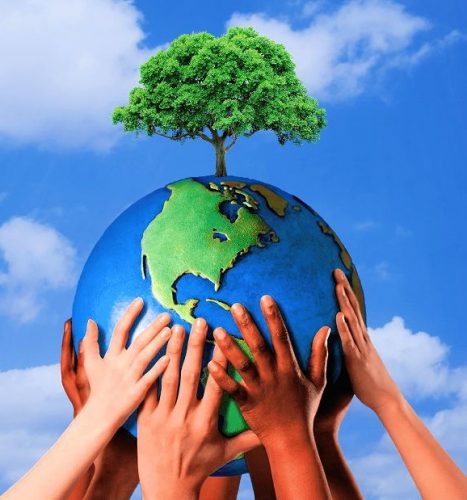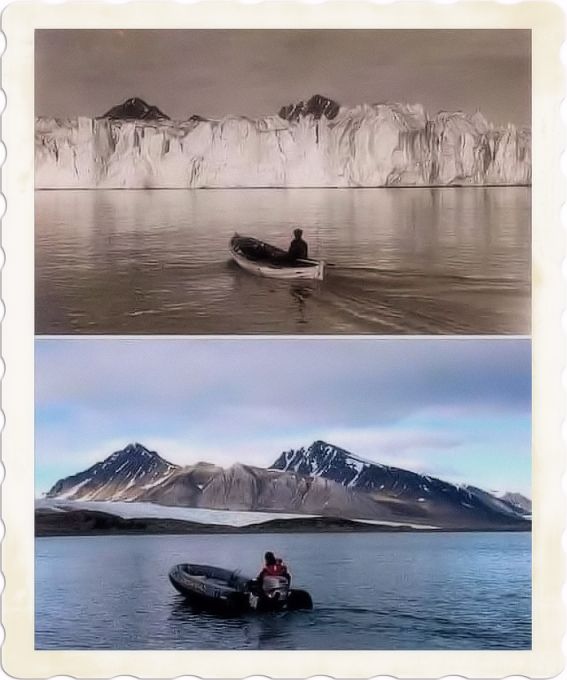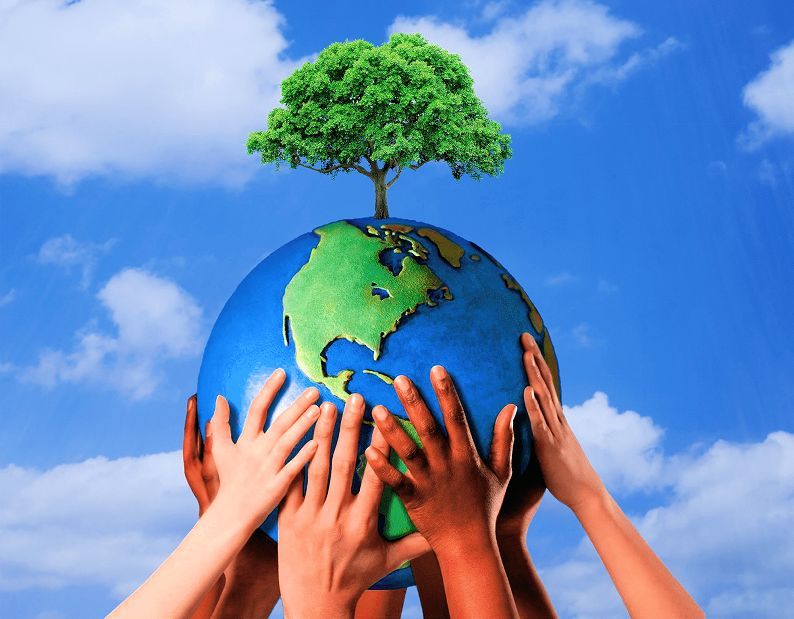
Environment Questions and answers about global warming, energy saving, pollution, climate change, weather events, water, rubbish, transport and eco-activism
1) What’s the difference between climate and weather?
The climate is the pattern of weather a place experiences over a long period of time. There are many different kinds of climate. Hot, dry climates like the Mediterranean climate in summer, or the humid tropical climate we find around the equator with heavy rainfall, or the polar ice climate, where snow and ice are permanent features. The weather is what happens every day, rain, snow, sun, etc.
2) Why is plastic so dangerous for our environment?
The modern plastic era began in 1907 with the invention of Bakelite. Synthetic plastic quickly replaced natural material and made our lives more convenient, but it comes from oil or natural gas and this is harming the environment. Plastic is unbreakable, it is more durable than other materials and therefore it lasts much longer, but for this reason it is also very difficult to decompose and it can pollute our planet for hundreds of years. Today we are producing millions of tons of plastic (300) per year, and 10% of this eventually gets into oceans. That’s why we need to create and follow every creative recycling programs we can find and also big companies are looking for solutions to solve the plastic problem.
3) Do you know one of the best way to avoid problems associated with recycling?
The best way to avoid problems associated with recycling is to precycle – find new uses for old things you don’t need anymore. There are many websites that show you how you can transform plastic bottles or milk cartons into interesting art projects.
4) What are the main risks of the global warming?
Warmer weather is increasing the risk of long droughts and severe forest fires as it is happening in Australia opr some American states, but at the same time more flooding due to climate changes is the greatest risk for some other countries, like the UK for example.
5) What is in your own opinion an effective way to avoid climate change.
I agree with most scientists who think that a global climate change policy is the best way avoid the worst effects of climate change.
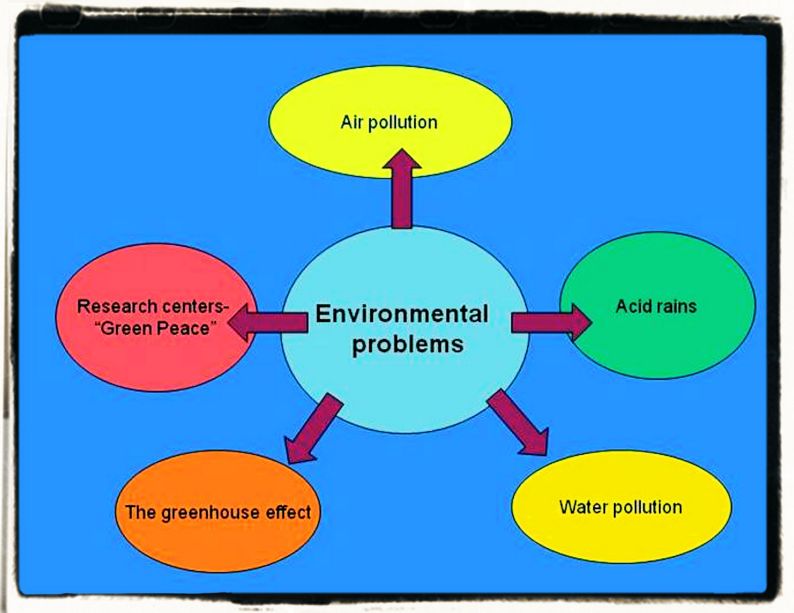
6) Do you know who is Greta Thunberg and how she started her protest in order to increase climate change awareness?
She is a young Swedish environmental activist who has gained international recognition for promoting the view that humanity is facing an existential crisis arising from climate change. Thunberg is known for her youth and her straightforward speaking manner, both in public and to political leaders and assemblies, in which she criticizes world leaders for their failure to take sufficient action to address the climate crisis. Thunberg’s activism started after convincing her parents to adopt several lifestyle choices to reduce their own carbon footprint. In August 2018, at age 15, she started spending her school days outside the Swedish parliament to call for stronger action on climate change by holding up a sign reading Skolstrejk för klimatet (School strike for climate).
7) How have humans impacted the greenhouse effect?
Humans have impacted the greenhouse effect by burning fossil fuels. This increases the number of greenhouse gases trapped in our atmosphere, which traps heat and contributes to global warming.
8) What causes climate change? causes of climate change?
As the post above makes clear, carbon emissions and greenhouse gas emissions gathering in the atmosphere seem to be the principal cause of man-made climate change.
9) What are some of the causes of global warming?
Global warming is caused by the greenhouse effect – and things that we as humans are doing to exacerbate this effect. The more carbon dioxide that is released into the atmosphere , the more serious the greenhouse effect becomes. Things that cause more carbon dioxide to be released include the burning of fossil…
10) Can the human race take action to stop global warming?
First, we can look at physical possibilities. In this case, the answer is that the human race can take action to stop or reduce global warming. Almost all scientists believe that warming is being caused by human action. Therefore, human action could reduce warming.
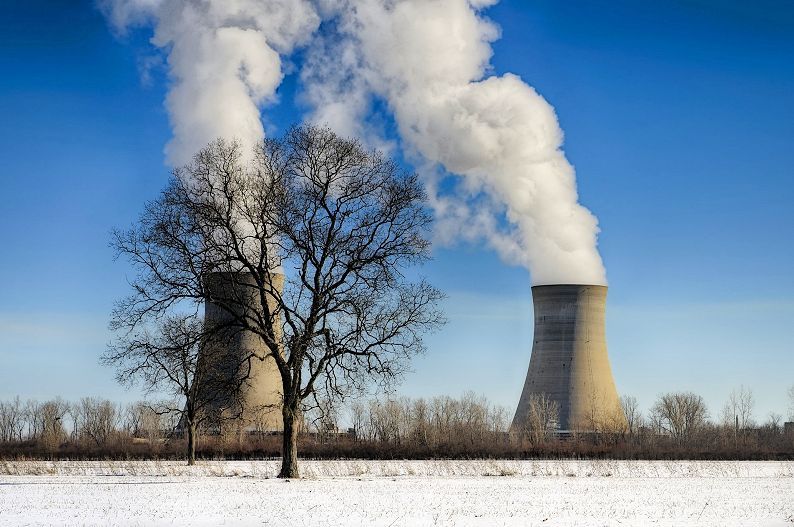
11) How is global warming a environmental issue?
Global warming is an environmental issue because it affects the natural environments of various parts of the world. It does so in ways that hurt humans directly and in ways that alter environmental conditions for nature. Global warming brings about changes in the environment in many places. There are many examples of how it does this. It can melt the polar ice caps…
12) Where do you stand on the Global Warming topic? How seriously do you think we should consider “global warming”?
In the political world, one of the main points of debate seems to be whether or not human beings are responsible for global warming…
13) What are the major global environmental issues?
There are several major global environmental issues. Perhaps the one with the greatest potential impact in terms of human suffering is the lack of clean safe drinking water. Population growth,…
14) How do pollution and global warming relate to each other?
There is a direct correlation to carbon dioxide emissions and global warming. Since the industrial revolution, the levels of carbon dioxide have been steadily rising.
15) What are the three Rs of the environment?
The 3 Rs of the environment are: reduce, reuse, recycle. They have been around for some time but many people have grown lax in following them. Perhaps the War Advertising Council said it best in 1944 as they promoted the conservation of gas, rubber, silk, and other scarce resources. Every year, Americans throw away 50 billion food and drink cans, 27 billion glass bottles and jars, and 65 million plastic and metal jar and can covers. More than 30% of our waste is packaging materials. Where does it all go? Some 85% of our garbage is sent to a dump, or landfill, although we are quickly running out of space.
Therefore we must learn how to:
Reduce. Purchase products that require less packaging or to limit the waste you are producing.
Reuse. Use a travel mug or reusable water bottle and avoid single-use bags.
Recycle. Paper, plastic, glass, magazines, electronics, and more can be processed into new products while using fewer natural resources and less energy. This is the 3 R’s mantra.
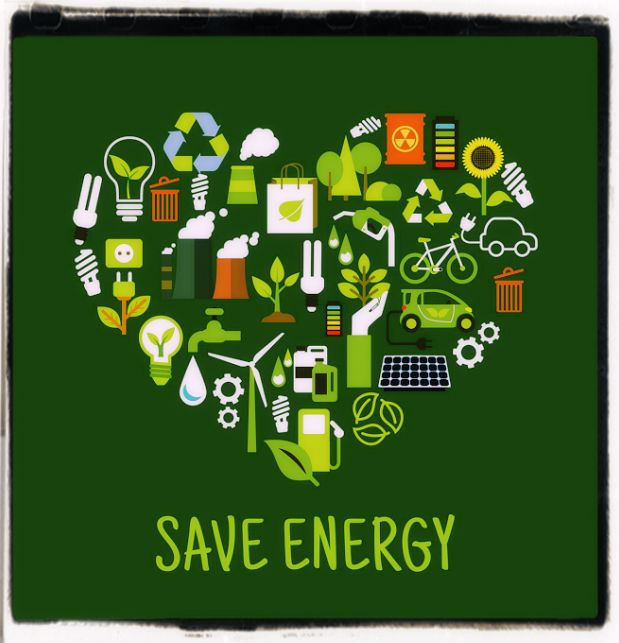
In order to persuade and convince you to take some good actions here are some pragmatic information!
ENERGY
• Americans waste $300 billion per year just by not switching off lights and leaving computers, TVs and videorecorders on permanent stand-by.
• Turning down the heating by just one degree, or using one hour less heating a day, can reduce the fuel bill by 10%
• Insulation and double windows in a house can save up to one third of heating costs.
WATER
• Taking a bath uses three times as much water as taking a shower.
• We use about 155 litres of water each day on average, 70% more than 30 years ago.
• Leaving a water tap running can waste up to 10 litres of water a minute.
• In half an hour, a garden sprinkler uses as much water as a family of four in a day.
TRANSPORT
• Every day British people drive over five million miles on short car journeys under one mile.
• Short car journeys cause the worst pollution because the engine is cold and has to warm up.
• Driving at 80 km per hour uses 25% less fuel than at 110 kph.
RUBBISH
• The average family throws away 2 kilos of rubbish every day.
• Over 6 billion glass containers are used each year in Britain. Only 25% of them are recycled.
• Each ton of paper recycled saves 15 average-sized trees, as well as the animals they support.
If you are interested in climate and environment matters you can also read
Environment questions and answers
Environment and climate debate
Free download – 20 climate connection challenges for classrooms across the world

